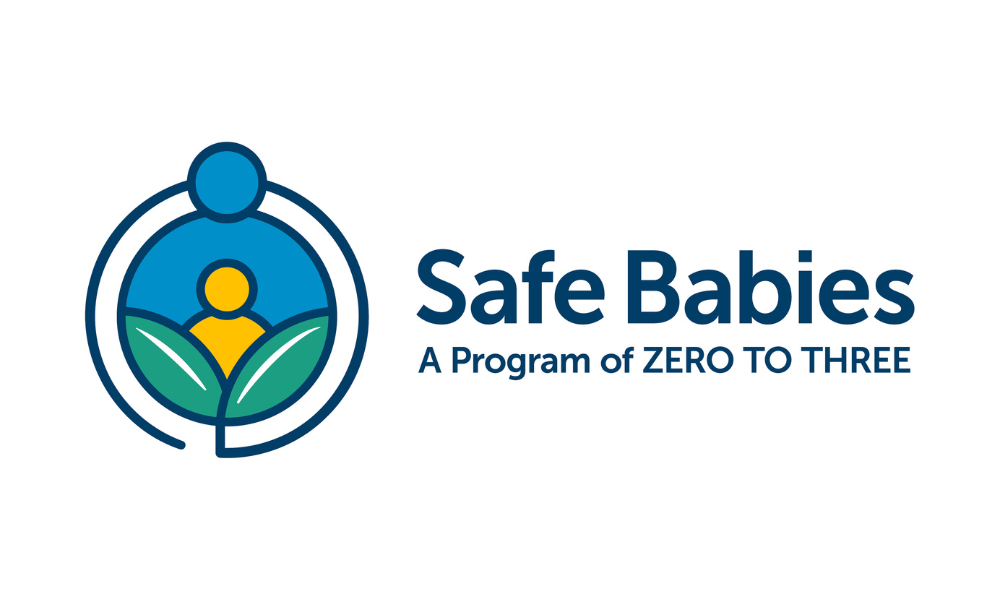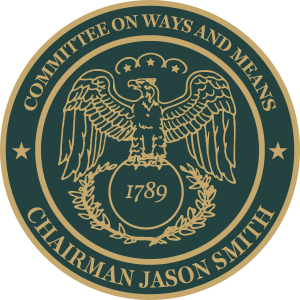Introduction Fetal personhood is a radical legal doctrine that seeks to endow fertilized eggs, embryos, and fetuses with full rights and legal protections. Fetal personhood directly challenges the rights of women and anyone capable of pregnancy and creates a direct … Read More
Attorneys

The Critical Role of Parent Partner Programs: Policy and Practice Considerations
INTRODUCTION Maintaining a secure relationship with a trusted caregiver is critical for the health and well-being of infants and toddlers. When very young children are placed in out-of-home care, including foster and kinship care, problems can be compounded if the … Read More

“Unto the Third Generation” Revisited: The Impact of a National Plan to End Child Abuse in The United States within Three Generations
David Chadwick was “an international pioneer in identifying, treating and preventing child abuse and a recognized expert in the field who started a movement” which included a call to end child abuse. Led by Dr. Chadwick, San Diego’s Children’s Hospital … Read More

What They Are Saying: Child Welfare Reauthorization Delivers First-In-A-Generation Wins for Parents and Families
After an extensive year-long review of child welfare programs in Title IV-B of the Social Security Act, the Ways and Means Committee unanimously passed a bipartisan reauthorization and reform package for child welfare programs. The Protecting America’s Children by Strengthening Families Act … Read More

Guide for Providers: No-Cost Training Resources on Kinship/Grandfamily Mental Health Needs
Background Kinship families and grandfamilies form when grandparents, other relatives, or close family friends provide primary care for children whose parents are unable to do so. Kinship/ grandfamilies come together for a variety of reasons, including substance use, child welfare … Read More

The 2023 Federal Human Trafficking Report
INTRODUCTION The methods used by traffickers to recruit, coerce, and exploit victims of trafficking are ever-changing. For this reason, we turn to data to help us better understand how traffickers operate and to create informed and targeted solutions to protect … Read More

Study Examines Models for Supporting Immigrant Families in Child Welfare
Child welfare agencies can face challenges meeting the complex needs of immigrant families. This population has grown steadily in the United States over the last several decades, and while there is no system wide approach to effectively serving immigrant families, … Read More

Developments in Interstate Compact Law and Practice 2022
The year 2022 was an interesting year for interstate compacts. While there were no blockbuster judicial decisions, one was decided in 2023. New York v. New Jersey, an original jurisdiction case filed at the beginning of 2022, involved a question … Read More

Babies in Care Proceedings: What Do We Know About Parents with Learning Disabilities or Difficulties?
This mixed method study, completed by the Institute of Public Care at Oxford Brookes University in September 2023, explored three important questions about parents with learning disabilities and learning difficulties in relation to care proceedings involving their babies. The study … Read More

New Framework Highlights Holistic Prevention Strategies to Support Family Well-Being
The child welfare industry is increasingly prioritizing and investing in prevention—strategies that equip families with the tools and resources they need to thrive before their situation escalates to crisis. In support of these efforts, Chapin Hall, in partnership with the … Read More

